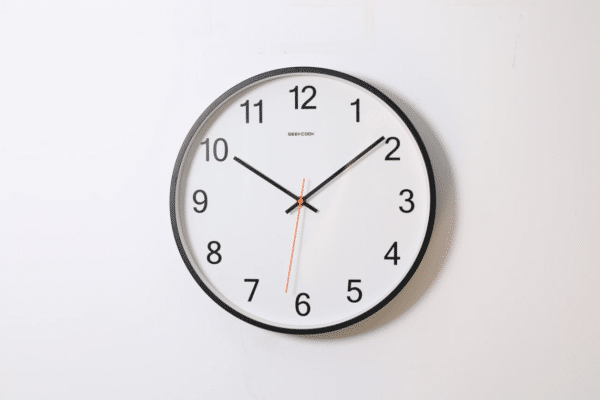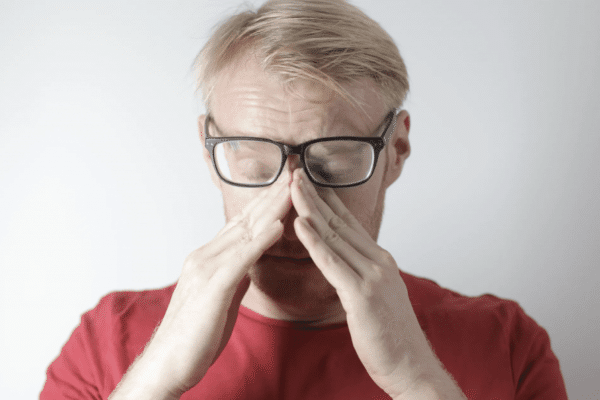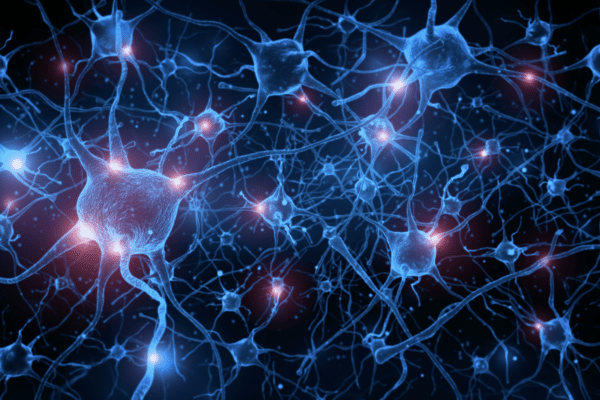The Most Common Side Effects of Alcohol Withdrawal

Alcohol addiction can be an awful condition for a number of reasons. Whether it be the strain on your finances and the struggles of holding down a job, the pressure it puts on your relationships and your reliability to the people you care about or the time you waste looking for that next drink.
Most importantly, however, what alcohol dependency does to your health is the scariest aspect. Alcoholism can cause you to suffer from an extreme liver disease which can lead to death. Alcohol addiction is a very real threat and should not be taken lightly.
So if you or someone you know suffers from this disease it is imperative to get help as soon as possible. This will cause a new set of problems however in the form of Alcohol Withdrawal.
This article will inform you of what alcohol withdrawal is, the mild and major symptoms of the affliction and how you can lessen these symptoms for a smoother ride to recovery.
What is Alcohol Withdrawal?
Drinking alcohol heavily for weeks, months, or years, may have both mental and physical problems if the drinking is to stop or seriously decrease. This is called alcohol withdrawal. Symptoms can range from mild to serious.
Drinking only once in a while is unlikely to cause withdrawal symptoms when you stop. But if you’ve gone through alcohol withdrawal once, you’re more likely to go through it again the next time you chose to stop drinking.
Alcohol has what doctors call a depressive effect on your system. It slows down brain function and changes the way your nerves send messages back and forth. This is what causes the sensation of being drunk.
Over time, your central nervous system adjusts to having alcohol around all the time. Your body works hard to keep your brain in a more awake state and to keep your nerves talking to one another allowing you to function as best you can.
When the alcohol level suddenly drops, your brain stays in this keyed up state and that’s what causes withdrawal.
Mild Symptoms
Mild symptoms usually show up as early as 6 hours after the last drink that was consumed.
This can cause feelings of anxiety, shaking hands, headache, nausea, vomiting, insomnia and sweating, all of these symptoms are minor nuisances individually but the effect they have all together can put such a strain on the body that anybody would struggle to function in everyday life.
These feelings may sound familiar to you if you have had a particularly heavy night of drinking. This is, of course, a hangover. A hangover is a minor case of alcohol withdrawal and it gives you a taste of what would be to come if an addiction to alcohol were to occur.
More serious problems, however, range from hallucinations about 12 to 24 hours after that last drink to seizures within the first 2 days after you stop. You can see, feel, or hear things that aren’t there and this can be an incredibly difficult aspect to deal with as you are already in a vulnerable frame of mind.
Serious Symptoms
Those who suffer more severely with withdrawal symptoms, normally due to an addiction to alcohol, are affected by delirium tremens, or DTs as you’re likely to hear them called. DTs usually start 48 to 72 hours after you put down the glass. These are severe symptoms that include vivid hallucinations and delusions. Only about 5% of people with alcohol withdrawal experience these extreme symptoms.
Additionally, a person who suffers from serious symptoms will also suffer from a state of confusion, a rapidly racing heart, high blood pressure, a fever and incredibly heavy sweating. These symptoms can be incredibly distressing whilst confused and hallucinating. It is incredibly important that a person must not suffer these alone. If you are experiencing anything similar to this following a session of drinking, please contact your doctor and/or seek medical help as soon as possible.
How to Help
Unless suffering from a serious health condition or having had serious withdrawals in the past, an individual suffering alcohol withdrawal probably won’t need more than a supportive environment to help them through. This kind of environment should include a quiet place, soft lighting, limited social contact, a positive atmosphere, healthy foods and lots of fluid intakes. This ensures a calm, peaceful environment to get through this affliction.
If a rise in blood pressure, pulse, or body temperature is noticed, or if serious symptoms like seizures and hallucinations are apparent, a doctor could suggest inpatient care and drug treatment.
Common medications include benzodiazepines to help treat symptoms like anxiety, insomnia, and seizures. Anti-seizure medications and antipsychotics, along with other drugs may also be required depending on the severity of the symptoms and depends on the individual.
Conclusion
If you find yourself in a situation where you become dependent on alcohol the best advice would be to seek medical help immediately.
Treating alcohol withdrawal is a short-term fix that doesn’t help the core problem. When you talk to your doctor about symptom relief, it’s a good idea to discuss treatment for alcohol abuse or dependence. The doctor can give you the advice to help you stop drinking.
Treating alcoholism can improve your life dramatically. Doing so will mean no longer will you be dependent on constantly finding a drink for yourself, allowing you to get into a better place financially. You will also find you are feeling much healthier and the risk of serious illness is reduced incredibly.
Quitting will give you more time with your family, more money to spend on what you may enjoy and the risk of death will no longer be hanging over your head.
It is not an easy task to quit, with withdrawal symptoms being one of the harder obstacles to overcome. Getting in contact with a healthcare professional can change your life today.


